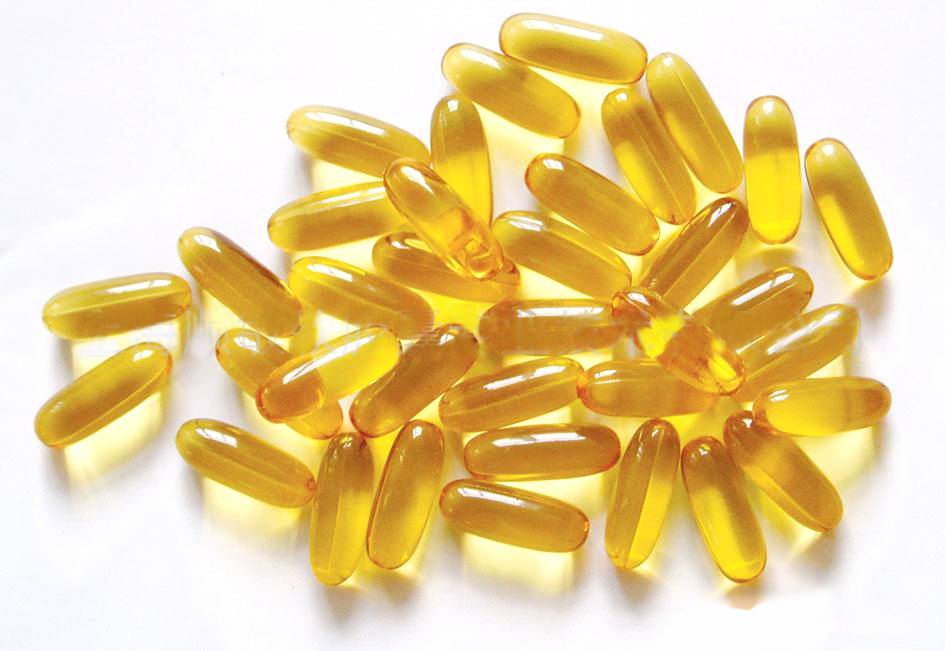
Known for it's Omega 3 fatty acids, fish oil has become a popular supplement for helping with high cholesterol, weight loss, immunity, AIDS, Diabetes, ulcers and many more. Despite the pill's popularity, the supplements also carry another ingredient: toxins from the ocean that are bio-accumulated by the fish from which they are derived. Two private citizens and a non-profit consumer rights group, The Mateel Environmental Justice Foundation filed a lawsuit in Superior Court of the State of California in San Francisco Tuesday. The suit names CVS Pharmacy, Omega Protein, General Nutrition Corp, Now Health Group, Pharmavite LLC, Rite Aid Corp, Solgar and TwinLab Corp. The issue has to do with fish oil supplement producers not adequately warning the consumer about the toxins within them. The plaintiffs' toxicity screens for PCBs yielded varying results: from 12 nanograms to 850 nanograms per dose. According to CBS News, the plaintiffs claim that all the manufacturers named in the suit are in violation of California's proposition 65 which requires that consumers be warned about chemical exposure. PCBs, though abandoned in the 1970s for health concerns remain in the environment because they are by nature, very stable compounds. They're known to alter major systems in the body (immune, hormone, nervous, and enzyme systems). In short, PCBs affect a wide variety of body organs and functions.
One possible culprit posited by researchers for PCB contaminated fish comes from the behavior of fish mistaking plastic for food. Though scientists haven't definitively made the link, Dr. Takada, a Japanese researcher at Tokyo University who studies the toxicity of plastic in the ocean and runs the website, International Pellet Watch, has found high concentrations of toxic chemicals (PCBs and DDT to name a few) in plastic particles in the ocean. Takada's work shows that plastic has nearly a million times higher toxic density than the ambient water around it. Plastic, because it is an oil based compound, acts like a sponge for hydrophobic pollutants. In a 2008 voyage to The North Pacific Gyre by Algalita Marine Research Foundation, researchers sampled 671 fish for plastic ingestion of which 35% were found to have plastic in their gut. One sample yielded a whopping 84 ingested fragments!